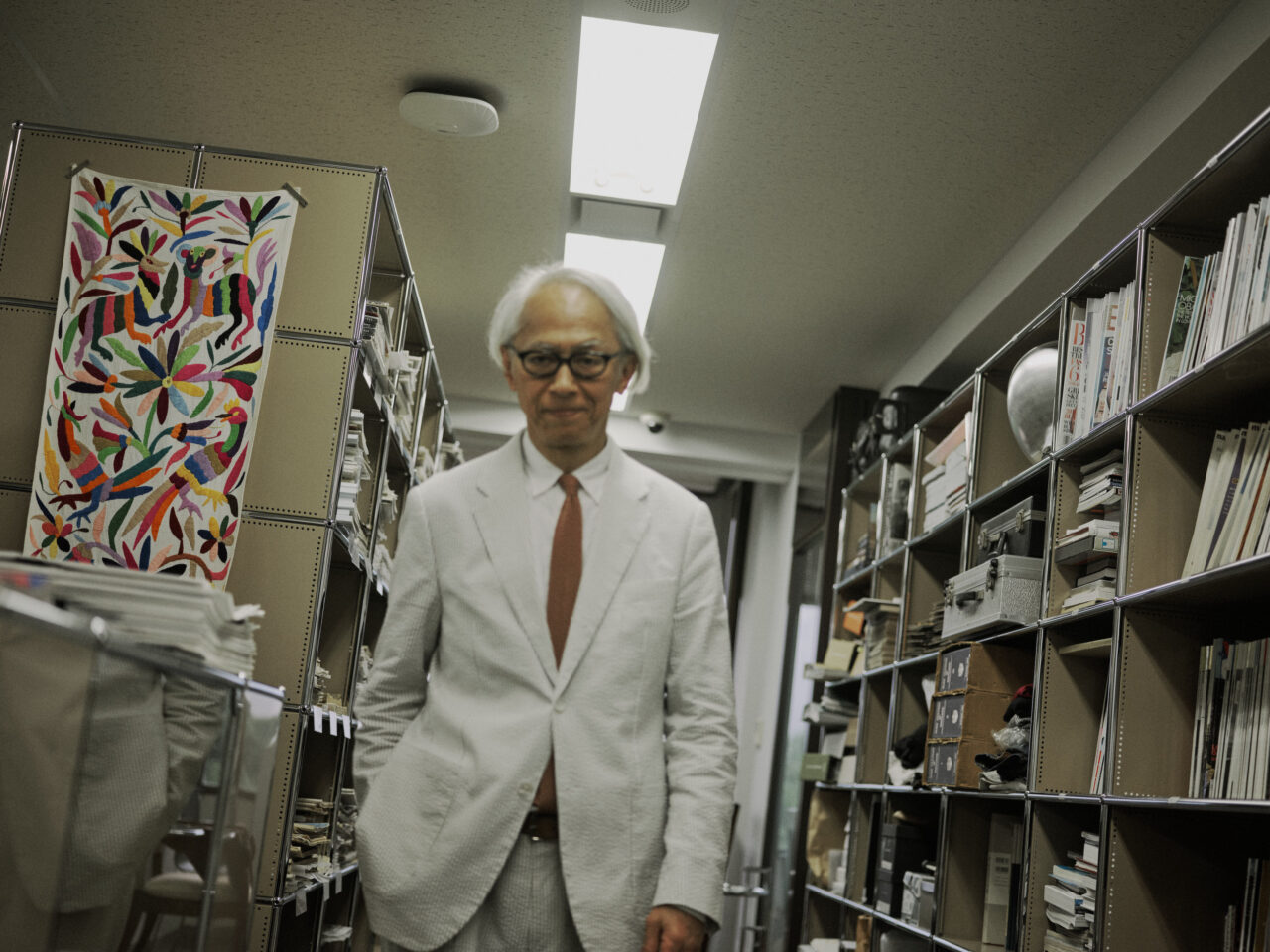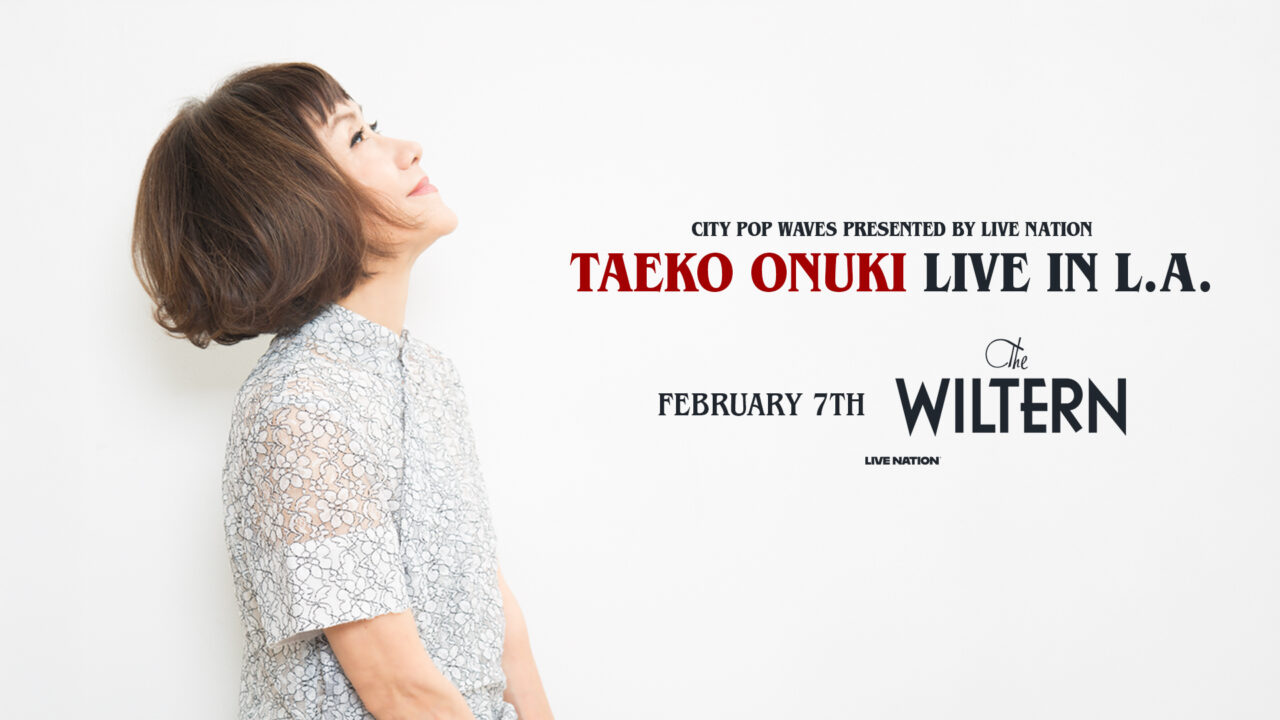Hirofumi Kurino, a leading authority in the fashion world, delves deeply into the theme of “Alternative Values in Contemporary Fashion” in an expansive 10,000-word interview (find the first part here).
In the second installment, Kurino expands the conversation to explore the dynamic interplay between fashion and art, the shifting industry trends in the wake of the pandemic, and the evolving significance of fashion itself.
Kurino makes “Beyond Elitism” a central topic, confronting the issues arising from capitalism’s grip on the fashion industry. In stark contrast, he highlights “coconogacco” as a vibrant alternative, where he finds a unique emotional resonance beyond traditional fashion shows. This perspective offers a fresh lens on the true essence of fashion.
Fashion often seems merely superficial and consumer-driven, but this article reveals its profound complexity and limitless possibilities. It’s an essential read for anyone passionate about or working in the fashion industry, offering deep insights into its past, present, and future.
INDEX
Fashion’s Anticipation of Art
-How do you perceive the relationship between fashion and art?
Kurino: I studied aesthetics during my four years in university, so I originally came from the art side. In the current art boom, where people are buying art as an investment rather than high-end clothing, there’s a cultural shift that I find somewhat resistant. Also, there’s a trend of fashion brands establishing corporate museums. While I don’t deny that successful owners or representatives creating museums or collecting art is akin to what royalty did during the Renaissance, I am a bit skeptical about branding approaches that equate fashion with art simply by using the term “art.” It can be seen as fashion’s way of looking to art for inspiration.

Born in New York in 1953, Hirofumi Kurino began his career in the fashion retail industry after graduating from university, working as a sales associate and brand director. In 1989, he co-founded United Arrows with Osamu Shigematsu and others. After serving as Senior Managing Director, Sales Promotion Manager, and Director, he became Chief Creative Officer. He has been a graduation examiner at the Royal Academy of Fine Arts in Antwerp in 1996–2002, 2009, and 2013. In 2004, he was awarded an Honorary Fellowship by the Royal Academy of Arts in the UK and was named one of the 500 people influencing the fashion world by BOF (Business of Fashion). Since 2014, he has been an external judge for the LVMH Prize.
–Are there aspects of the current fashion business that you find resistant?
Kurino: Through the lens of alternative approaches mentioned earlier, I feel that the luxury business may no longer be a crucial keyword in discussing fashion. While the luxury business operates with abundant funds, we need to consider the concept of “noblesse oblige” more deeply. This idea suggests that those in positions of privilege have a social responsibility to contribute to society.
At one time, there was a balance between the creative and business aspects of fashion within the luxury sector and among the wealthy, reflecting a sense of noblesse oblige. Indeed, the luxury brands from the 1990s to the 2010s that I found interesting often exhibited this balance. However, current trends and concept-driven creations seem to lack a certain comfort. The post-pandemic festival-like atmosphere in the fashion industry might ultimately reflect business aimed at a specific affluent audience or an escapist attitude prevalent in white society.
INDEX
“Beyond Elitism” — Reflections Post-Pandemic
–How have you perceived the societal changes post-pandemic?
Kurino: Following the pandemic, I wrote a book titled The End of Fashion. From my perspective, particularly observing American consumer society, there’s been an acceleration of trends where those who accumulate wealth and retreat, or those who isolate themselves, seem to be thriving. In recent years, it feels like fashion has had a diminishing positive impact on society.
My major keyword recently has been “Beyond Elitism.” This is essentially an antithesis to elitist thinking. For instance, the systems where certain people sit in the front row of fashion shows with gifts or are invited to after-parties to get exclusive items first. Cosmetic surgery, which is more about elitist thinking than looksism, reflects this. Such ideologies contributed to the 20th-century consumer society and capitalist world, with fashion playing a role in that. However, I believe these meanings have diminished since the pandemic. Unfortunately, the Western fashion industry still seems to cling to a nostalgic desire to return to the pre-pandemic era, and I haven’t noticed much improvement or change for the better as a result of the pandemic.

Kurino: Today’s theme is also “Alternative,” and I believe the growing importance of this concept is influenced by the post-pandemic environment. In this context, Japan does not view consumption as an escape. At UNITED ARROWS, for instance, clothes that are produced with care and involve craftsmanship or processing are selling better than cheaply made, mass-produced trendy garments. Even though organic food is expensive, it sells well, and there are TV programs dedicated to creating delicious dishes with zero ingredient costs using discarded food. This reflects a Japanese appreciation for the value of effort and craftsmanship, and I find this aspect quite positive.
-Do you believe that Japan’s distinctive alternative approaches will continue to grow and evolve in the future?
Kurino: In Japanese fashion, I feel that coconogacco plays the most fascinating role. Despite seeing numerous overseas collections every year, the most exciting moments for me as a fashion enthusiast and industry professional come from coconogacco’s student works and presentations. It is a place where fashion is truly learned and where even the instructors can continue to learn. The founder, Yoshikazu Yamagata, and many of the students have heavy personal backgrounds and challenging pasts, including those who experienced truancy during their school years. By engaging in making and working with fashion, they find a form of redemption. This is not just an idealistic notion but a genuine feeling that I experience every time I comment on the students’ works. It reinforces my belief in the power of fashion and makes me deeply grateful for being in this field.
INDEX
The Unique Alternative Vision of coconogacco
Last year, you collaborated with coconogacco students to host a pop-up event called ‘cococuri’ at Shibuya Parco.
Kurino:I wanted to work with the coconogacco students because I believe fashion is more than just a transaction of money and goods or merely about someone gaining fame. Fashion has the potential to enhance people’s lives and bring happiness. By continuing in fashion, there’s an opportunity to make a positive impact on the world, or at the very least, to offer personal redemption and support to others with similar struggles. The students of coconogacco and Yamagata-san seem to embody this spirit of expression and intention. It feels like a meaningful alternative path for young people who may feel out of sync with mainstream society.



Kurino: So, in terms of the relationship between fashion and alternatives, there are people who are able to manifest their approaches in visible forms like collections and exhibitions. On the other hand, there are many promising next-generation talents, like the students of coconogacco, who haven’t yet made their mark on the world but have the potential to achieve great things in the future. It’s exciting to see this potential unfold.
-I had the opportunity to see the exhibition held annually by coconogacco in Fujiyoshida, and it was clear that the students’ communication was truly vibrant and collaborative, leading to the creation of their expressions. It felt like a very encouraging activity, transcending the boundaries of fashion.
Kurino: One of the things that made Mr. Yamagata famous is the picture book “Boku wa Zero-ten”. Despite being considered a failure by society, he still wanted to affirm himself. After dropping out of Osaka Bunka Fashion College, he graduated from Central Saint Martins, continued his work while grappling with various struggles, and carved out his own place. He wants to pass on his experiences and challenges to the next generation. The title of his recent exhibition at Arts Maebashi was “Koko ni Itemo Ii”, which translates to “It’s Okay to Be Here.” For children who are withdrawn or truant, the reassurance of “It’s okay just as you are” can be the most comforting and uplifting.


Kurino: However, in today’s world, it’s difficult to offer such reassurance, and many people use words that push others to their limits. This is a sign of impoverishment, but when we analyze the issue, we often find that the speakers themselves lack a place for themselves and can only create a sense of belonging by putting others down. In other words, the lack of imagination is largely influenced by Japan’s traditional education system. Ideally, education should nurture imagination, but the current system seems to contribute little to incubating it. Fortunately, as institutions like coconogacco and their graduates gain recognition, they may have a greater impact on society. Moreover, ordinary Japanese schools are gradually evolving, with changes such as the abolition of rigid textbooks and school rules and the introduction of flexible systems. I believe that these small, familiar changes will continue to drive broader transformation.


























